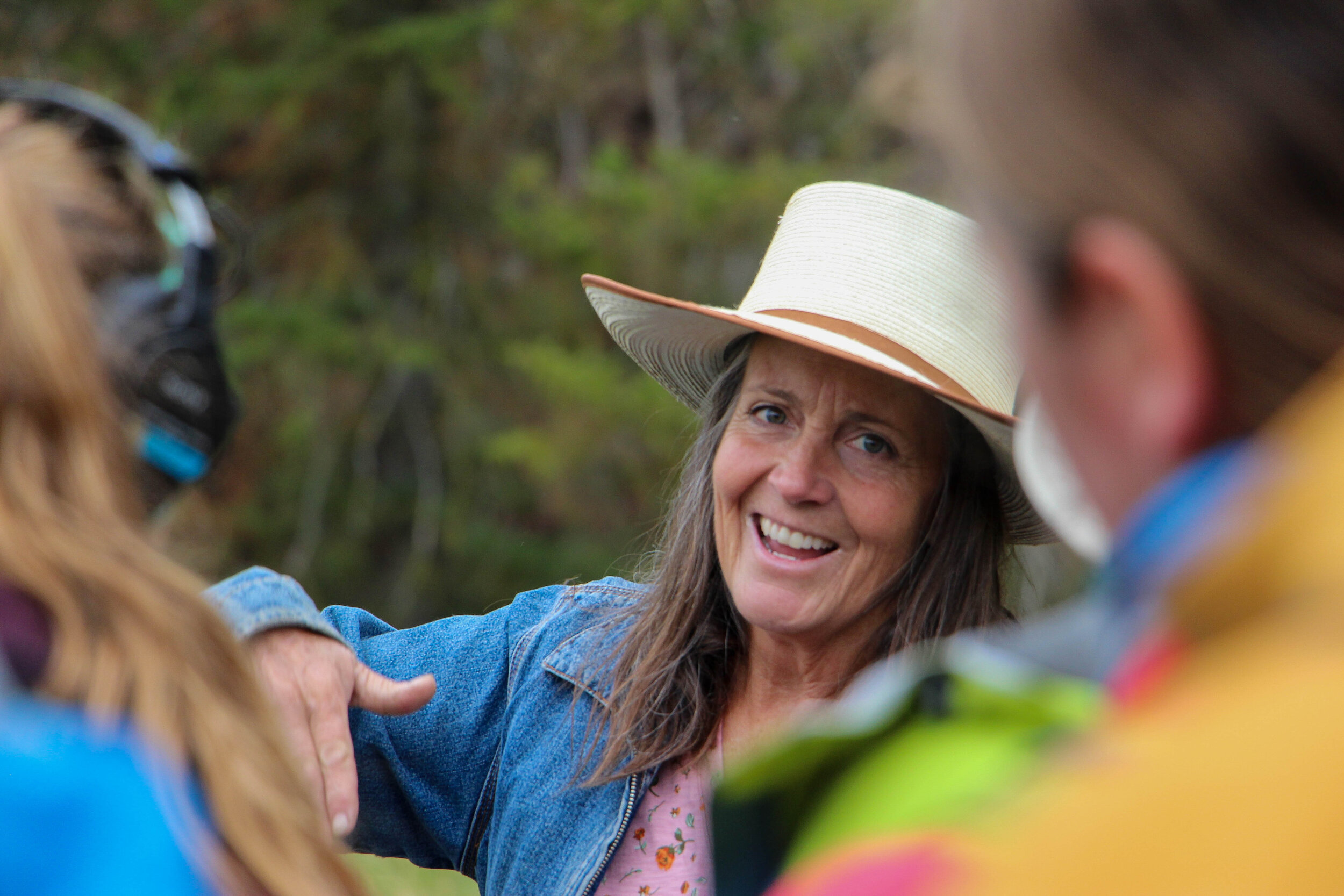Montana Pagano
Watershed Restoration Specialist, Nez Perce Tribe Department of Fisheries
Wallowa, OR
8/25/21
Montana Pagano covers a lot of ground with her work for the Nez Perce Tribe as a Watershed Restoration Specialist. Her project area encompasses 3 million acres in Northeast Oregon and Southeast Washington where she focuses on salmonid (salmon and trout) habitat restoration. Semester in the West was able to visit one of her recent projects on a site owned by the Nez Perce Tribe where her team is in the final stages of creating a side channel on the Wallowa River to enhance native fish habitat. More than 100 years ago the river was straightened by non-native residents, destroying much of the river’s fish habitat. The Nez Perce’s side channel project reintroduces refuges for juvenile salmonids that are quickly vanishing from streams due to the prevalence of dams and warming stream temperatures caused by climate change.
It took several years before the project received approval and the Tribe was able to break ground. Montana reflects, “habitat restoration work takes a long time. It takes a long time to get this habitat to the level of degradation that it’s in, so you can imagine it takes a while to rehabilitate it.” Currently, the river is showing signs of improvement. The side channel has already created mellow stretches of stream for fish to rest with ample shade from transplanted willows, and the river will continue to evolve as natural processes take over the restoration work. A long time in the making, the persistent efforts of Montana and her team are beginning to pay off.
By Ruthie Colburn
Photo credit: Phil Brick



